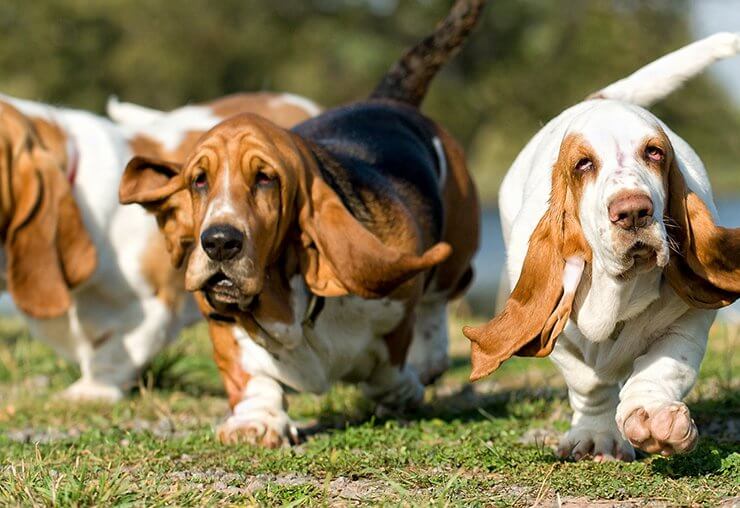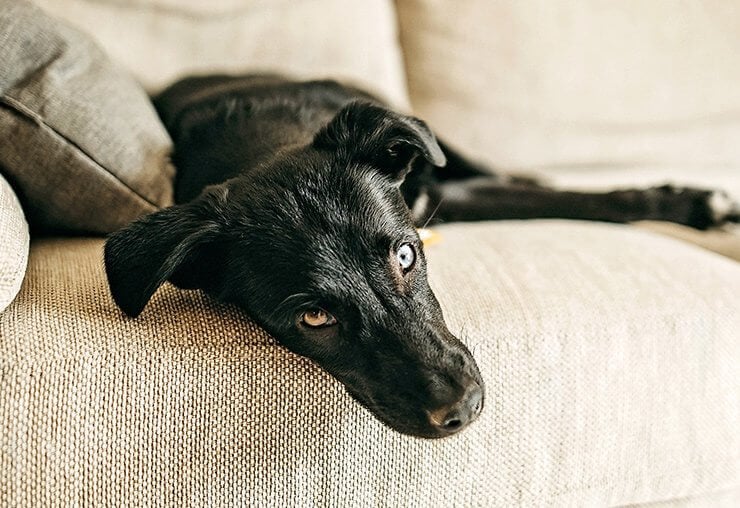Golden Retriever
Calm, friendly and always ready to work
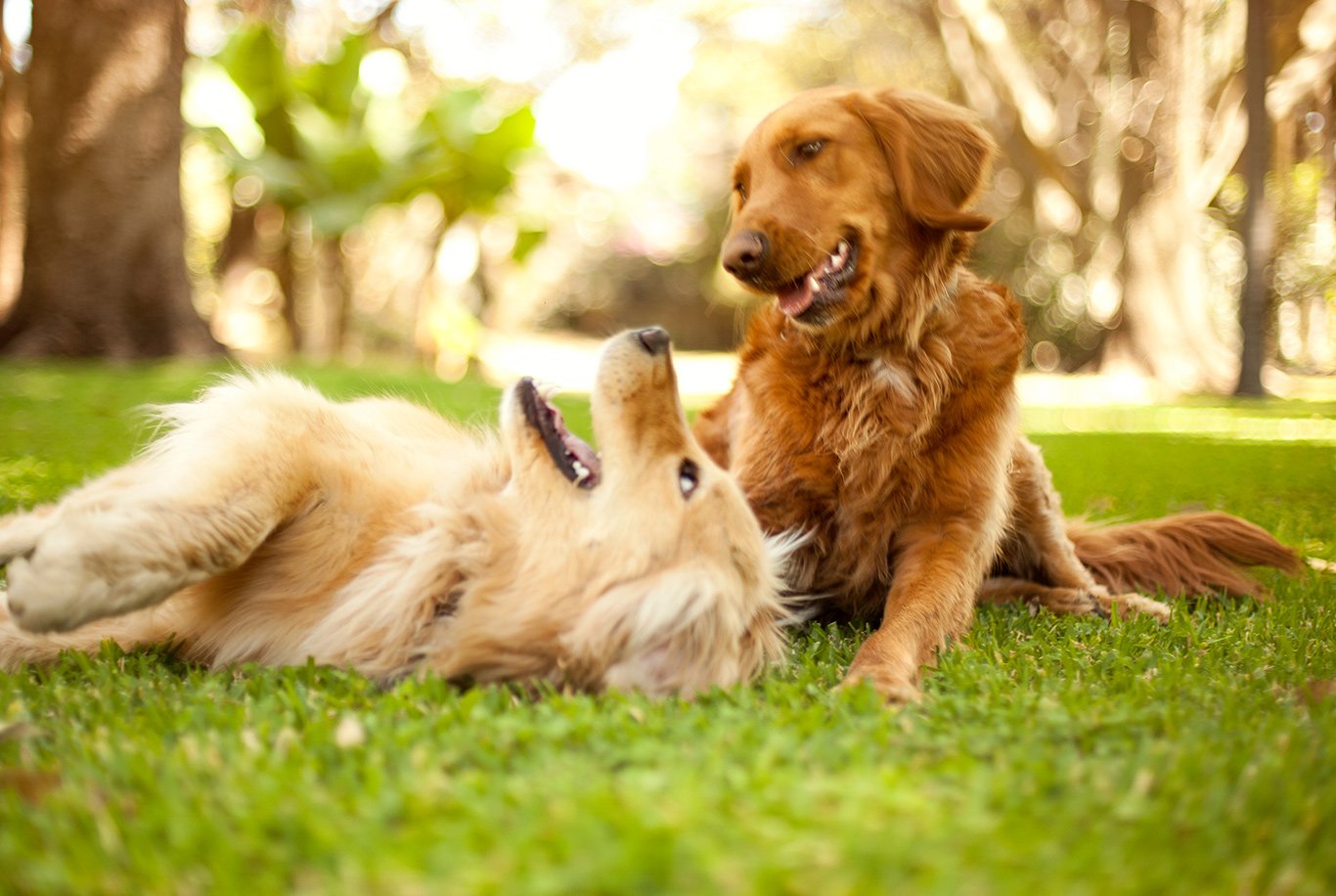
Golden Retriever is a medium-large gun dog originally bred to retrieve shot ducks and game birds during hunting parties. Breed's “retriever” name refers to its ability to retrieve shot game undamaged thanks to their soft mouth.
 Country of origin: Country of origin: |
United Kingdom, Scotland, England |
 FCI group: FCI group: |
Group 8, Section 1 Retrievers #111 |
 Temperament: Temperament: |
Intelligent, Reliable, Kind, Trustworthy, Friendly, Confident |
 Colors: Colors: |
Light Golden, Cream, Dark Golden, Golden |
 Weight: Weight: |
Female: 25–32 kg, Male: 30–34 kg |
 Height: Height: |
Female: 51–56 cm, Male: 56–61 cm |
 Life expectancy: Life expectancy: |
from 10 to 12 years |
Golden Retriever puppies
Golden Retrievers have a reputation of being a highly co-operative breed and most of the puppies are very easy to train. This breed does not require any strict training since they respond best to positive and upbeat training style. Due to their intelligence and desire to please the owner, they can easily be taught many tricks and all the necessary commands. Always provide your puppy with a healthy diet that suits all the dietary needs. These breeds puppies tend to grow rather quickly, so feeding a diet that ensures proper development is necessary. Apart from that, Golden Retrievers are prone to hip dysplasia, so food containing glucosamine and chondroitin that provide healthy joint structure and function is recommended. Valp Maxi is a great choice for medium-large and large dog breed puppies.
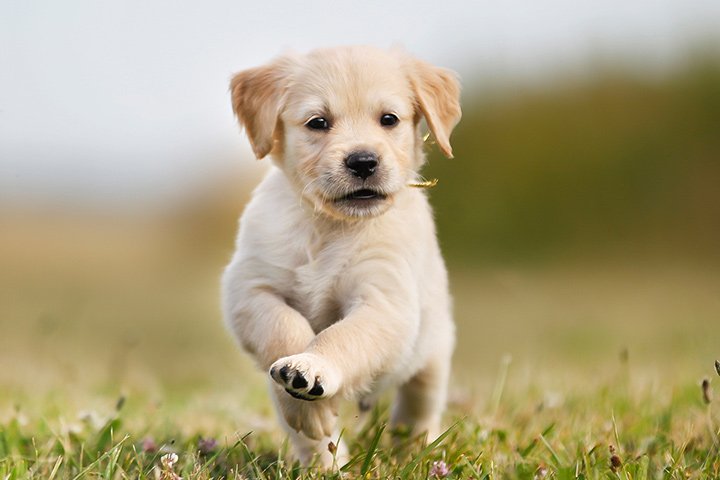
.jpg)
Golden Retriever’s nutrition
Golden Retriever, similarly to Labrador Retriever, loves to eat. This breed can easily gain weight and become obese. A well-balanced diet and feeding two set meals a day can help control your dogs weight. Golden Retrievers can experience many genetic disorders and other health problems. This breed may suffer from cancer, heart diseases and hip dysplasia. Supplementing your dog’s diet with added taurine can help support heart function, L-carnitine will support fat burning while glucosamine and chondroitin ensure proper joint function. Supplementing your dog’s diet with Artro Plus a supplement containing glucosamine and chondroitin will take care of the joints. Prima Plus will work great as a main diet of Golden Retriever.
Detailed description of Golden Retriever
Golden Retrievers are medium-large sized and strongly-built. With their high-trainability, they make for great disability assistance dogs as well as hunting and search and rescue dogs.
Genesis
Golden Retriever’s history began somewhere in the mid to late 19th century. Scottish Gentry needed a retriever dog able to retrieve game both from water and land suited for their marshy hunting grounds with ponds, rivers and streams. From the crossbreeding of existing retrievers with water spaniels emerged the first litter of Golden Retrievers. Those were then used in a further breeding program that included Irish Setter, Bloodhound and lesser Newfoundland.
Appearance
Golden Retriever appears well-balanced and powerful in build. They have a thick, chiselled muzzle and broad head with triangle, floppy ears. Their facial expression is considered friendly-looking. Golden Retrievers have medium length, dense double coat with a slight wave. The inner coat provides this dog breed with warmth in cold weather and keeps them cool in summer, while the outer coat repels water while swimming. The most common coat colours are usually golden or cream-coloured. Their coat feathers along the back of both the front and find legs, at the front of the neck and under the tail.
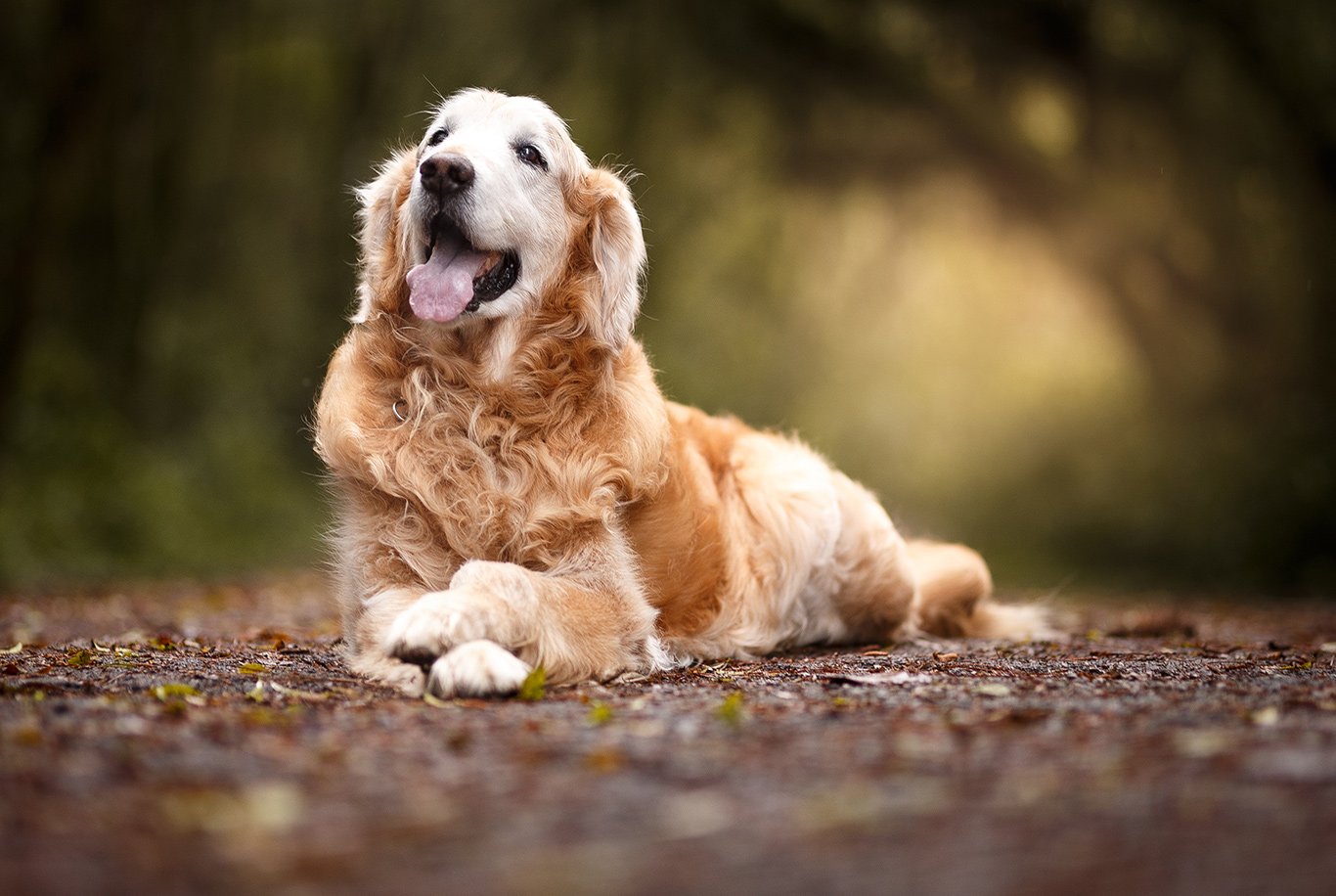
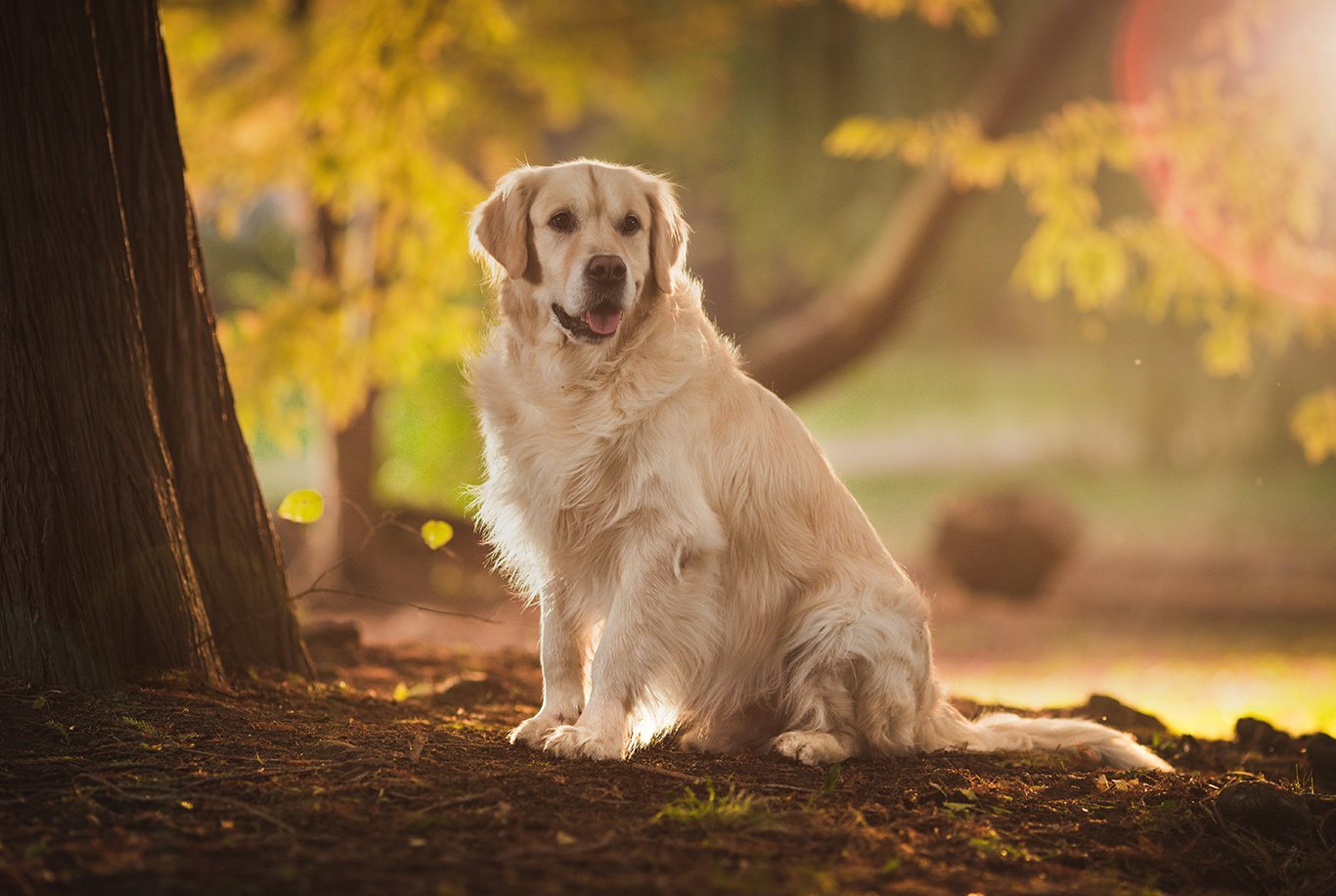
Behaviour
Golden Retrievers are intelligent and highly-trainable. They are always focused on a given task, which makes them a great working dog. This breed loves to work and will not stop until they collapse. It is necessary to monitor your dog to prevent overworking. Golden Retrievers are active and very fond of fun. With the proper amount of physical stimulation, this breed makes for a very calm and patient (also with children) companion, making them a great family pet. Golden Retrievers are believed to be one of the quietest breeds since they rarely bark in their daily life. During playtime or meeting strangers they can be seen barking more often. This dog breed is very trusting and gentle and very sociable, both with their family and strangers. They do not make for a great guard dog. Golden Retrievers are active and instinctively fond of water and swimming.
Requirements
Originating from sporting dogs, Golden Retrievers require consistent physical and mental exercise to stay happy and healthy. They should get about an hour of exertion a day. This breed loves fetching and swimming but can also be a great companion during hiking or jogging. Golden Retrievers are considered to be one of the brightest dog breeds. They are eager to please the owner and fulfil tasks, which can be used for much needed mental stimulation. Any task or game requiring them to fetch something to keep their mouths busy will satiate their need for fetching and prevent any unwanted chewing or biting.
Daily care
Twice a year, precisely in spring and winter, Golden Retrievers will go through heavy shedding. Frequent brushing and a monthly bath will help to get rid of the unwanted dead hairs. All year round Golden Retrievers thick and long coat requires some brushing to prevent it from matting. In addition, some of the longest strands feathering at the back of their legs can get tangled - trimming your dog’s coat may prevent this from happening. This breed can produce an unpleasant doggy smell, which can be remedied with regular bathing. Be careful not to strip the coat of the natural oils, though.
 dr Anna Plummervet and blogger
dr Anna Plummervet and blogger
















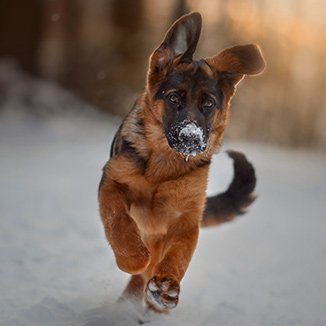 German shepherd
German shepherd Maltese
Maltese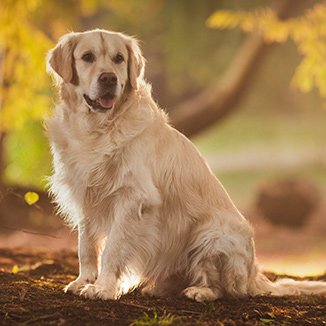 Golden retriever
Golden retriever Beagle
Beagle Rottweiler
Rottweiler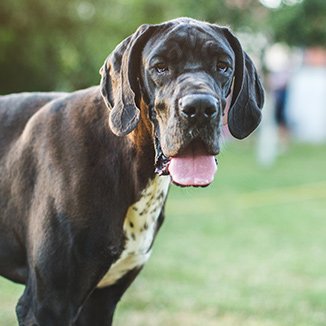 Great Dane
Great Dane Poodle
Poodle Siberian husky
Siberian husky French bulldog
French bulldog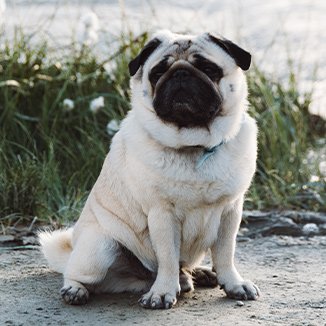 Pug
Pug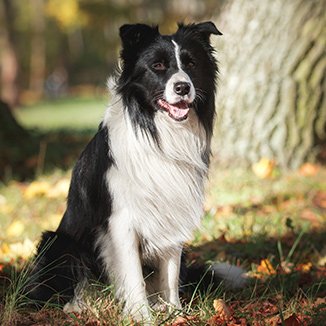 Border collie
Border collie Chihuahua
Chihuahua Pomeranian
Pomeranian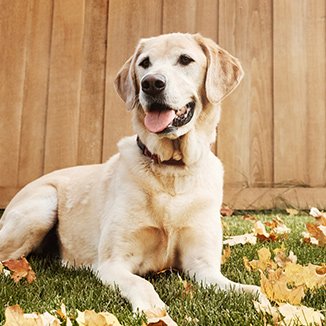 Labrador retriever
Labrador retriever English bulldog
English bulldog Chow chow
Chow chow Samoyed
Samoyed Cane corso
Cane corso Doberman
Doberman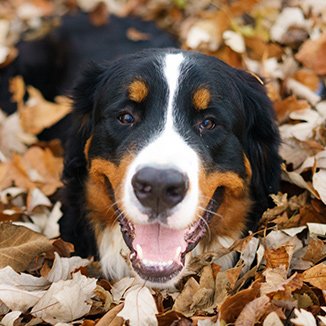 Bernese Mountain Dog
Bernese Mountain Dog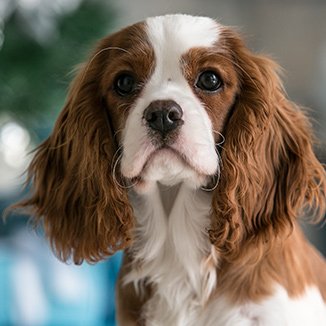 Cavalier King Charles Spaniel
Cavalier King Charles Spaniel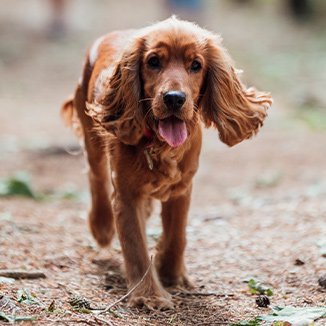 Cocker Spaniel
Cocker Spaniel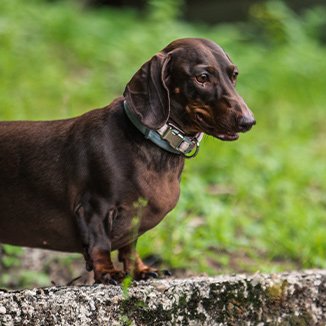 Dachshund
Dachshund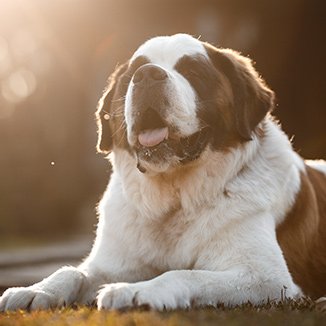 St. Bernard
St. Bernard Maine coon
Maine coon Ragdoll
Ragdoll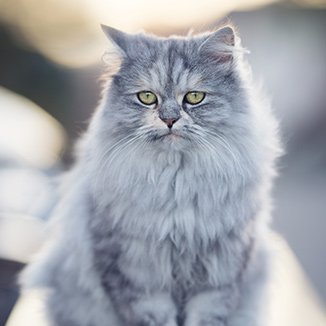 Persian cat
Persian cat Siamese cat
Siamese cat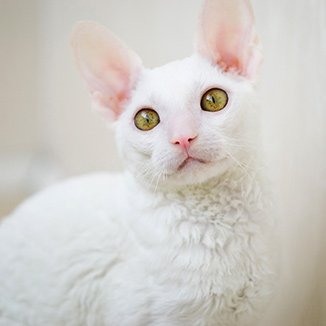 Cornish rex
Cornish rex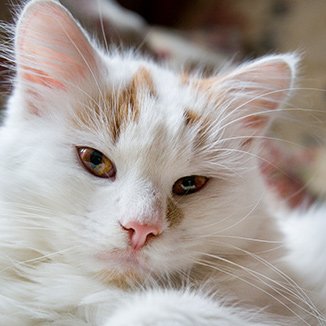 Turkish van
Turkish van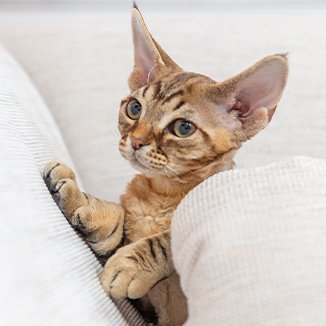 Devon rex
Devon rex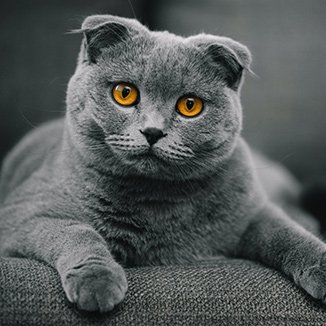 Scottish fold
Scottish fold Siberian cat
Siberian cat Selkirk rex
Selkirk rex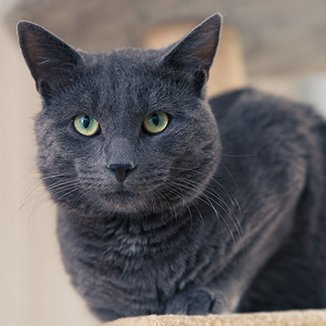 British shorthair
British shorthair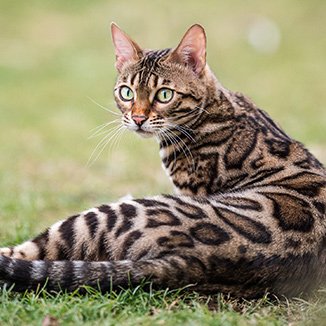 Bengal cat
Bengal cat1.jpg)
